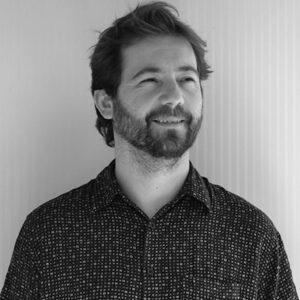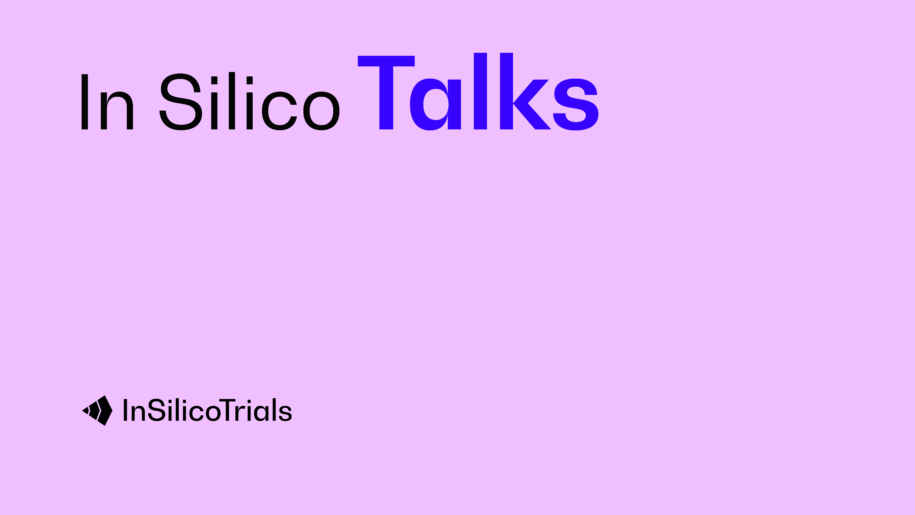 Manuel Ottaviano has a M.Sc. Computer Science Engineering and a PhD in Bioengineering. He works as senior researcher in digital health and wellbeing at the University of Madrid UPM. He studies human factors implied in the design of digital technologies for health. He explores different ways to design next digital technologies for patients and health professionals in order to provide digital services, integrated care and the proper support to the patients and help them to manage a disease, recover from an event, deal with psychological distress, or promote a healthy lifestyle. This fields encompasses different disciplines, among which medicine, biomedical engineering, computer science, psychology.
Manuel Ottaviano has a M.Sc. Computer Science Engineering and a PhD in Bioengineering. He works as senior researcher in digital health and wellbeing at the University of Madrid UPM. He studies human factors implied in the design of digital technologies for health. He explores different ways to design next digital technologies for patients and health professionals in order to provide digital services, integrated care and the proper support to the patients and help them to manage a disease, recover from an event, deal with psychological distress, or promote a healthy lifestyle. This fields encompasses different disciplines, among which medicine, biomedical engineering, computer science, psychology.
Manuel Ottaviano is author of more than 30 scientific publications and conference proceedings; he collaborates as reviewer in scientific journals (Frontiers in Digital Health, IEEE Journal of Biomedical and Health Informatics). He is also lecturer in the Bioengineering Master in the subject of Telemedicine and Clinical history and director of Master and PhD thesis.
Let’s start from Ottaviano’s passions: “I am focused on understanding human being, needs, mental models, to better shape technology that can help to improve the overall wellness of the person. Technology has a big power to influence user’s behaviours. My best and favourite tasks are to talk with end users and learn from that. I’m involved in the design and specification of new prototypes, and to assess the proposed technology under different viewpoints (medical, acceptance, usability, economical, etc.).
Manuel Ottaviano contributed to more than 20 R&D projects. The most relevant contributions in European projects are in MyHeart (FP6-507816), NUADU (ITEA), Psyche (FP7-247777), HeartCycle (FP7-216695), MOSAIC (FP7-ICT-2011.5.2-600914), Nevermind (H2020-689691), Pulse (H2020- 727816), CAPABLE (H2020-771290). He is currently working on EU-funded Brainteaser – an H2020 project we are also involved in – that aims to build prognostic tools for ALS and MS diseases.
“The models will be built using retrospective data sets and they will be gathered using a telemonitoring platform to follow the patients through an app and sensors (wearable devices, environmental sensors). The app will gather symptoms and early signs and will provide support to the patient thanks to tailored educational content personalized according to the stage of the disease and the impairments. The app will also propose cognitive, dexterity, breath and meditation exercises and it will support different types of interactions.
I’m also working on another EU-funded project called Capable: a telemonitoring system for melanoma and renal cell carcinoma cancer patients. I’ve contributed to the design specifications and I’m responsible for the overall assessment of the technology and its exploitation”.
In silico medicine is one of Ottaviano’s biggest interests: “Models and simulations are part of my work. In many digital services I have been working on different types of models… For instance in the Brainteaser project the models will be used to build a decision support system in order to inform the healthcare of certain risks (environmental, lifestyle) of relapse. It can be also possible to identify the disease trajectory of the patients and cluster patients”.
How can modelling and simulation be a game changer for the healthcare industry?
“The main advantage is to support the health professionals to take earlier as possible a clinical decision to mitigate risks of further developments of a disease. In other cases, it could be a tool used to enrich the information that a health professionals can have using standard care”.
What are the main challenges that the healthcare industry is facing today? “Generally speaking, the shift from a reactive to a proactive paradigm. Nowadays the healthcare systems of the western world spend all the budgets to treat patients. In the past 20 years we have been experiencing a complete revolution of Internet and phone devices, and a lot of innovation that could be easily adopted in all the healthcare systems. From an organizational standpoint, there is a need to recognise the additional work due to the use of digital tools to remotely monitor and assess patients out of the hospital”.
Check the full interview here:
